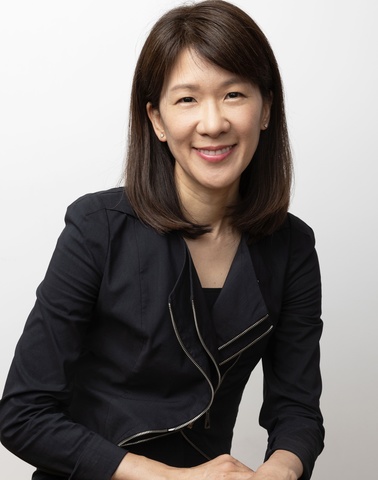By Izabela Zaluska
Alyssa Park, an associate professor in the Department of History in the College of Liberal Arts and Sciences, received a $6,000 Summer Stipend from the National Endowment for the Humanities to further her current research project about population displacement in Korea after World War II.

Park is working on a book called Homeward: Korean Refugees and the Politics of Occupation, Division, and War, 1945-50, which explores how and why 2 million Koreans outside Korea “returned” to their homeland after the war and became known as refugees in their own country. Park added how in August 1945 at least one in seven Koreans was located outside Korea.
Park became interested in the broader story of human displacement and refugees after World War II. She wondered why this history was widely known for Europe but “constituted only a footnote in postwar histories of Asia.”
The concept of “postwar” is ambiguous for this period in Asia, Park said. In Korea, August 1945 marked Japan’s defeat and the end of Japan’s colonial rule. However, it also marked Korea’s division into two zones—occupation by the Soviet Union and the U.S.—and the beginnings of a civil war that culminated in the outbreak of a global war in 1950, Park explained.
“My research into Korean ‘refugees’ is a window into understanding the complexities of this interregnum,” Park said.
The NEH stipend will allow Park to conduct important research about the Soviet perspective and learn more about the occupation of North Korea and postwar diplomacy. Park will travel to South Korea next summer to work at the National Institute of History, which has collected materials from the Soviet archives.
Park, who joined the University of Iowa in 2011, said her colleagues in the history department are “unparalleled in their support and comradery.”
In her work, Park seeks to understand how border-crossing people negotiate their place between different societies and governing bodies, as well as how states attempt to exert power over these people. She focuses her research on Korea and northeast Asia, including Russia, China, and Japan.
“I’m also incredibly appreciative of the support of CLAS, the Center for Asian and Pacific Studies, International Programs, and the university,” Park added. “My research is international and would be impossible to carry out without their support.”